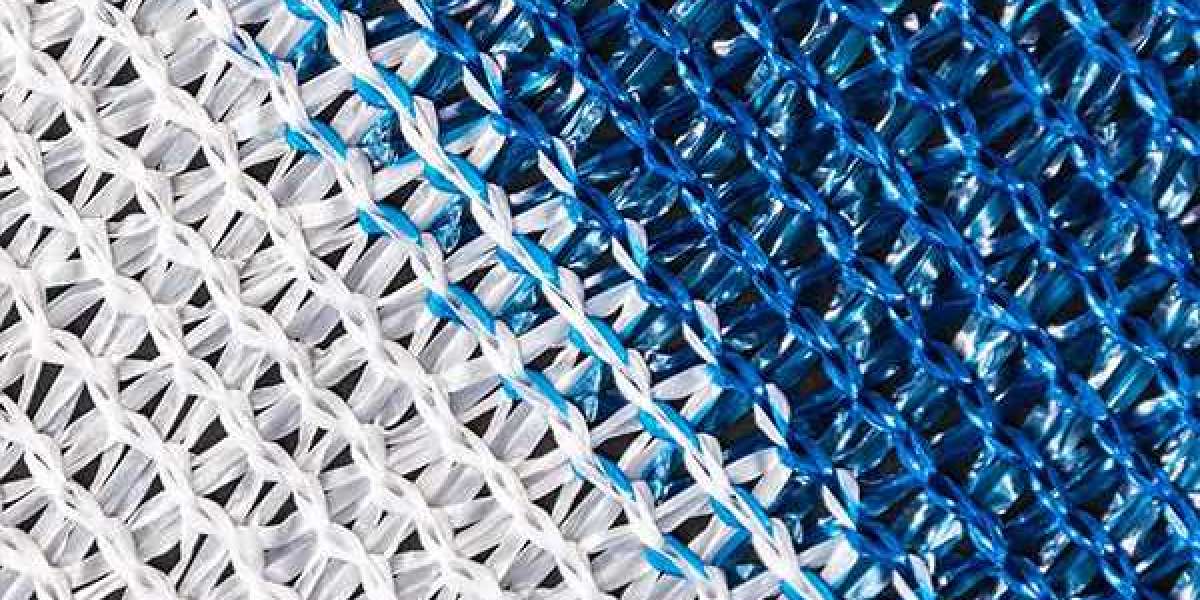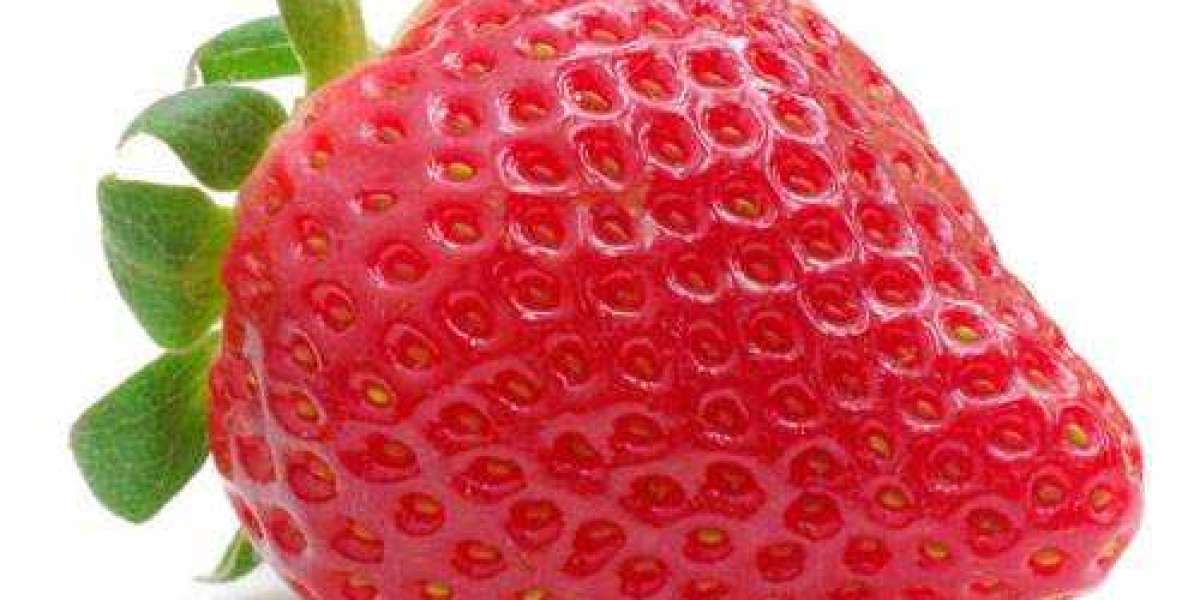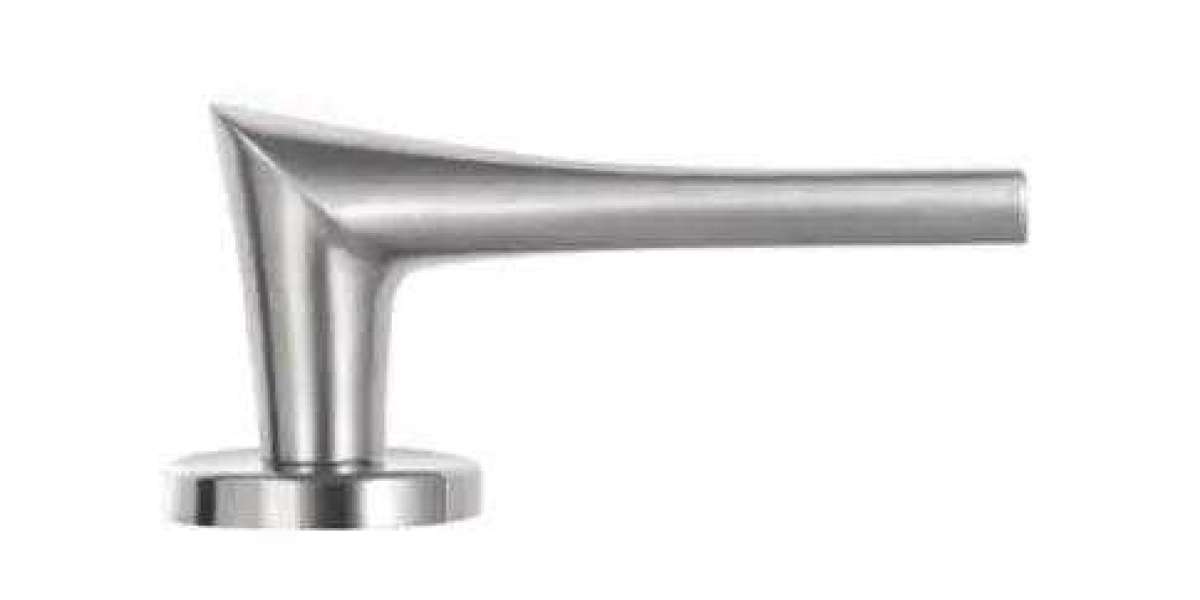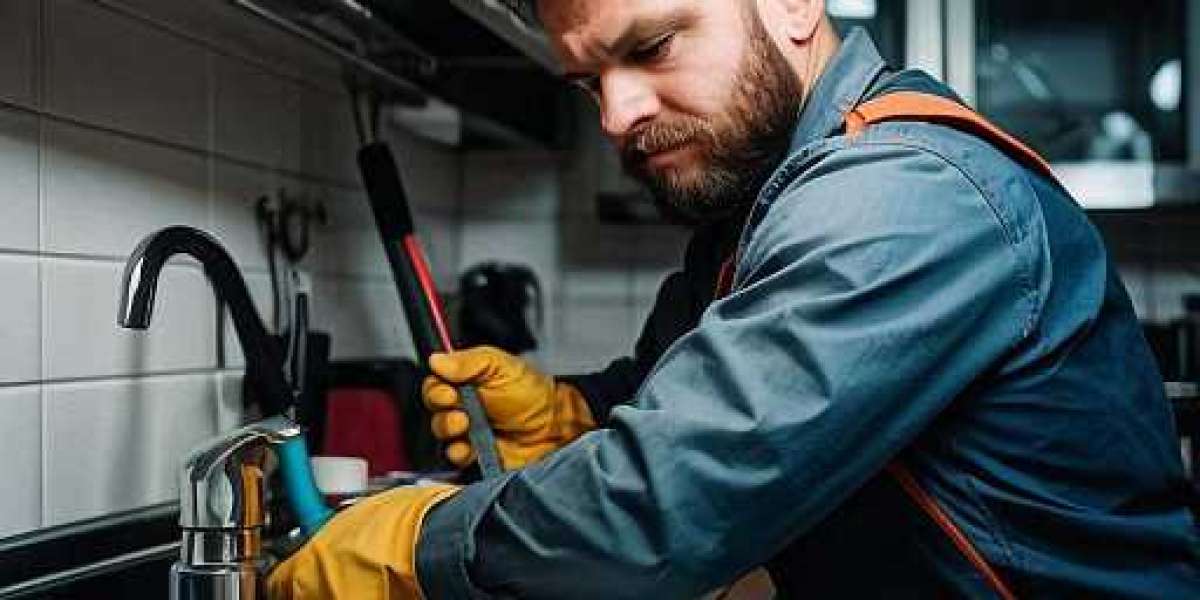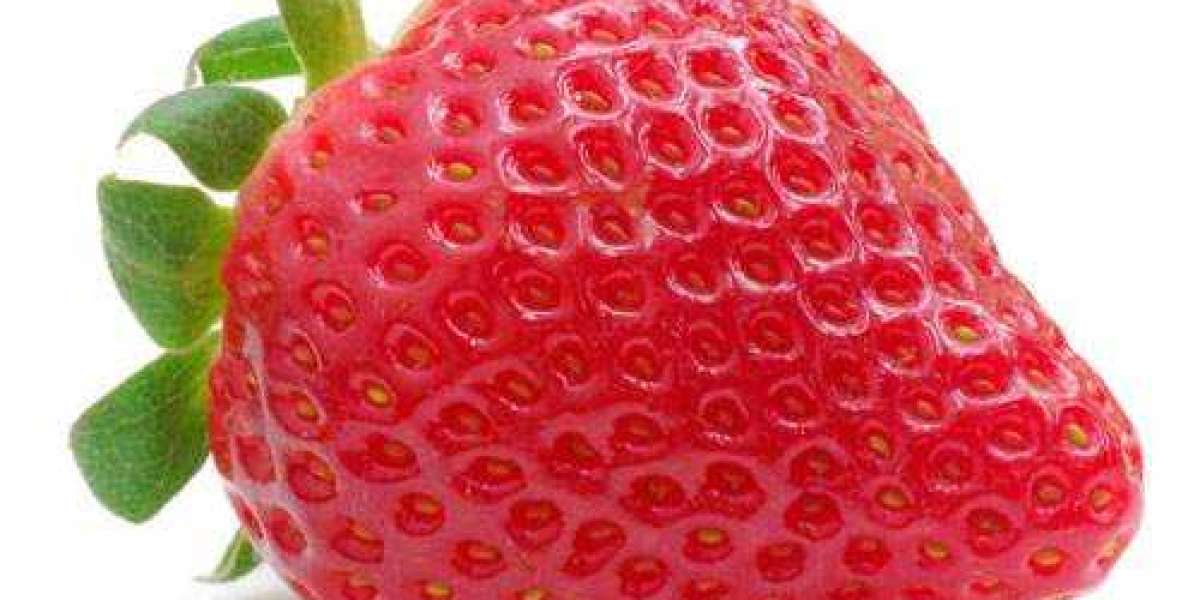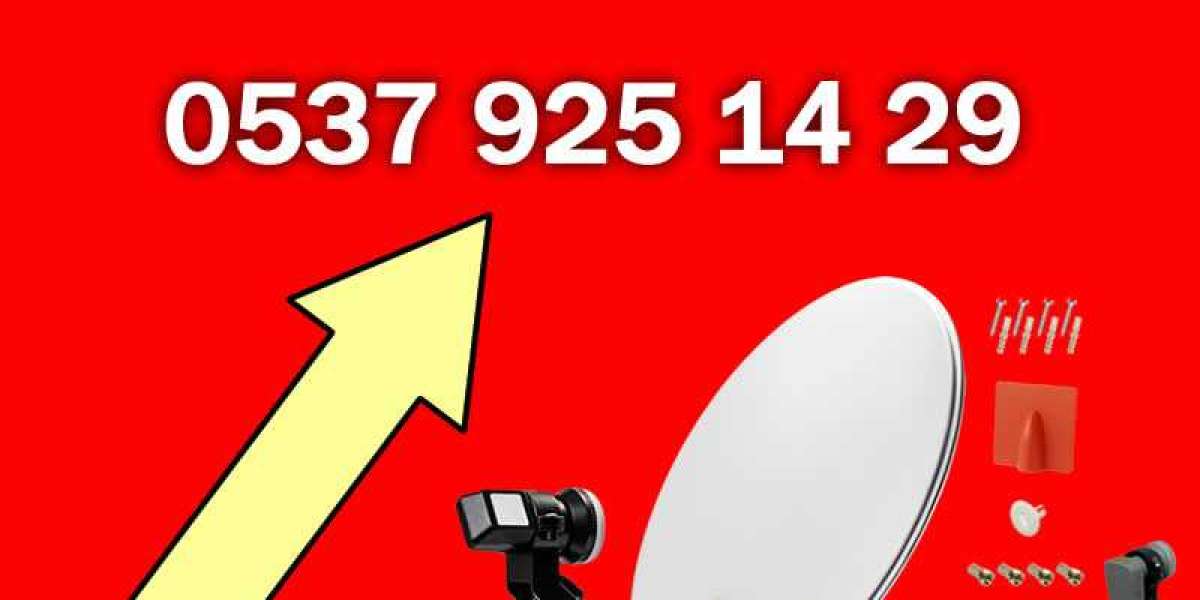In modern agriculture, safeguarding crops from pests is crucial for ensuring healthy yields. An effective and environmentally friendly solution is the use of Insect Net Wholesale. These nets serve as physical barriers, preventing insects from reaching plants and reducing the need for chemical pesticides.
Understanding Insect Nets
Insect nets are typically made from high-density polyethylene (HDPE) and are designed to allow air, moisture, and sunlight to pass through while blocking insects. This balance ensures that plants receive essential elements for growth without exposure to harmful pests. The mesh size of the netting can vary, allowing for customization based on the specific pests prevalent in a given area.
Advantages of Using Insect Nets
Pest Control: By acting as a barrier, insect nets effectively keep pests away from crops, reducing damage and the spread of diseases.
Reduced Chemical Use: With physical barriers in place, the reliance on chemical pesticides diminishes, leading to healthier produce and a safer environment.
Improved Crop Quality: Protecting plants from pests results in better-quality fruits and vegetables, which can lead to higher market value.
Environmental Benefits: Decreasing pesticide usage contributes to environmental conservation and promotes biodiversity.
Applications in Agriculture
Insect nets are versatile and can be used in various agricultural settings:
Greenhouses: Covering greenhouse structures with insect nets helps maintain a controlled environment, keeping pests out while allowing ventilation.
Open-Field Cultivation: Insect nets can be draped over crops or used to create tunnels, offering protection in open-field farming.
Nurseries: Protecting young plants in nurseries with insect nets ensures healthy growth during critical developmental stages.
Selecting the Right Insect Net
When choosing an insect net, consider the following factors:
Mesh Size: Select a mesh size appropriate for the specific pests in your region. Smaller mesh sizes block smaller insects but may reduce airflow.
Material Quality: Opt for nets made from durable materials like HDPE, which offer longevity and resistance to environmental factors.
UV Resistance: Ensure the netting is treated for UV resistance to withstand prolonged exposure to sunlight without degrading.
Customization: Some suppliers offer customization options to fit specific structures or crop types, enhancing effectiveness.
Sourcing Insect Nets Wholesale
For those looking to purchase in bulk, Wholesale Agricultural Insect Net suppliers provide cost-effective solutions. Buying wholesale not only reduces costs but also ensures a consistent supply for large-scale operations. When selecting a supplier, consider factors such as product quality, customization options, and customer support.
